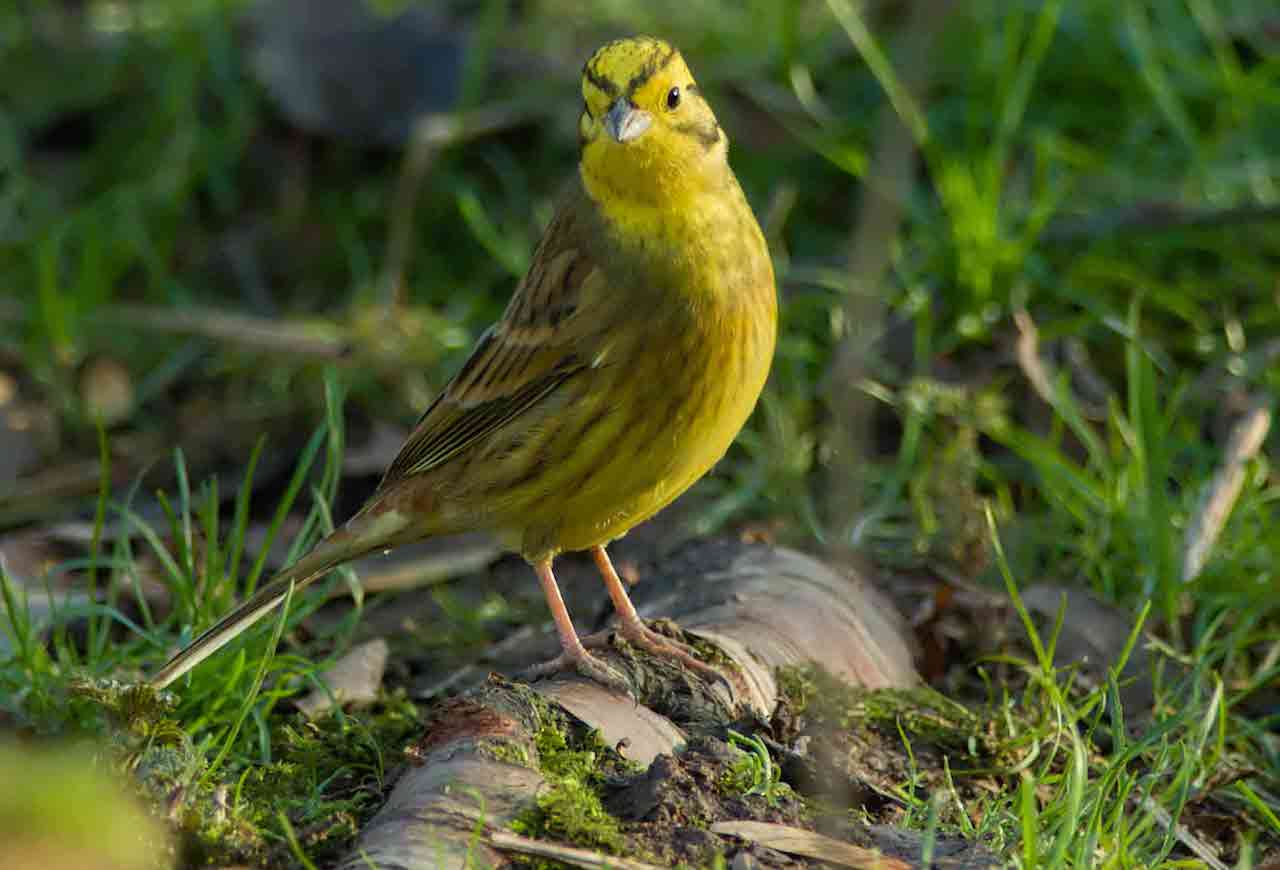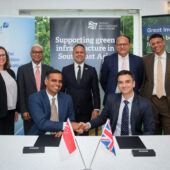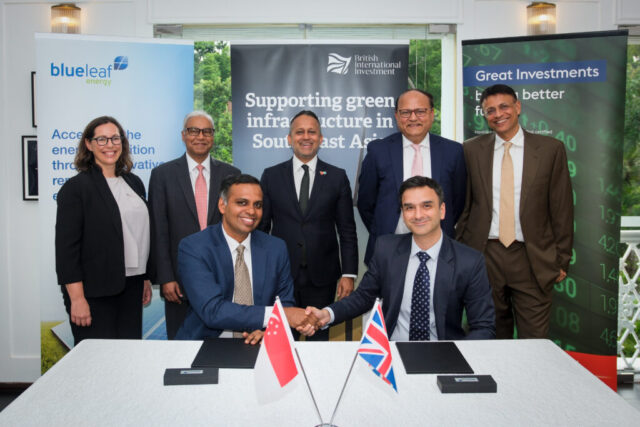The Woodland Carbon Scheme aims to remove carbon from the atmosphere, improve air quality and increase biodiversity through woodland creation and peat restoration.

UK-based insurer Aviva has announced a £10m donation to the Woodland Trust charity to support its Woodland Carbon Scheme to remove carbon from the atmosphere, improve air quality and increase biodiversity through woodland creation and peat restoration.
Aviva said the donation was part of a £100m commitment by the firm to support projects removing carbon from the atmosphere using nature-based solutions. The donation follows on from recent donations from Aviva for the Wildlife Trusts in the UK and The Nature Trust in the Republic of Ireland.
It is part of a growing body of private sector initiatives targeting biodiversity improvements and natural carbon removal in the UK. For example, Triodos Bank UK said in January it was providing a £3.75m loan to help finance the first of a series of nature reserves across England planned by charity Heal Rewilding.
Aviva said that projects funded by the latest donation are expected to store at least 330,000 tonnes of carbon over the next 100 years, equivalent to the emissions created by one person taking over 300,000 transatlantic flights.
Claudine Blamey, Aviva Group’s sustainability director said the woodland creation projects would also improve nature corridors, support increasingly rare red squirrels, improve water quality and slow the flow of ground water during flooding. “The peatland work will rewet and restore bogs so that they can switch from emitting carbon to removing it and help prevent wildfires, which we are seeing more of in the UK as a result of climate change.” she said.
The Woodland Trust is the UK’s largest woodland conservation, managing over 1,000 sites covering some 29,000 hectares. The trust aims to protect woods and trees, preventing the loss of habitat and carbon stores, to restore ancient woodland, so re- establishing ecosystems to improve landscape resilience, and to plant native trees to create new woodland.
Darren Moorcroft, the Woodland Trust’s CEO described Aviva’s investment in nature-based solutions as a welcome and significant act.
“Aviva could have opted to offset its emissions abroad for as little as £5 per tonne, but we price our carbon credits at around six times that, reflecting the true cost of acquiring land, establishing a resilient native habitat and managing it effectively for the long term. We are sure this will raise the stakes across the sector and encourage more businesses to consider their responsibility to future generations,” he said.
Projects planned by the trust under the Woodland Carbon Scheme include one at Green Farm in Norfolk, eastern England to protect the pond habitats of the rare northern pool frog, and another in the Yorkshire Dales area of central northern England to create a new native woodland as part of a large habitat restoration project, which will include upland blanket bogs, limestone pavement geological formations and riverside meadows.
The charity is also carrying out restoration work near Bolton, North West England, on the largest site it has ever acquired, where peat bogs will be revitalised by rewetting them. This project will remove an estimated extra 8,885 tonnes of carbon by 2040, as well as helping to prevent the spread of wildfires, according to Aviva.
In 2021, Aviva announced it plans to become a net zero-carbon emissions company by 2040, saying it was the world’s first major insurance company to do so. The firm says it is working towards that goal, while acknowledging that it still has relationships with businesses and assets that may be associated with significant emissions.





